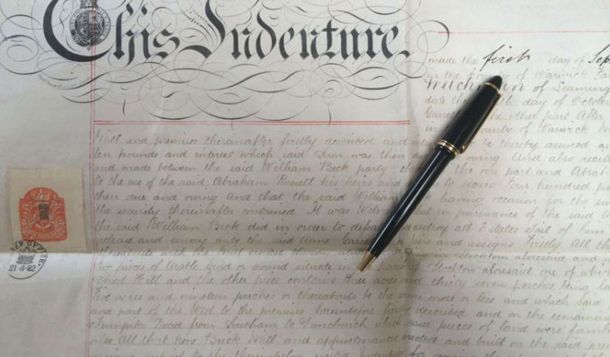
If you want to buy a house, you are probably going to deal with an estate agent at some point. This can seem quite a daunting task.
- An estate agent acts, in effect, as a ‘gatekeeper’, controlling the flow of information between buyer and seller. A good estate agent will deal with you in an honest and fair manner. However, not everyone has such a glowing report of their dealings.
- We need to acknowledge a few truths in order to understand the relationship between buyer, seller and estate agent:
- An estate agent acts for the seller, not the buyer. It’s their job to get the best possible price for the seller of the property (sometimes referred to as the ‘vendor’).
- In ‘old style’ estate agent speak, a purchaser or buyer is referred to as the ‘applicant’. In a world where the consumer is king, this turning of the tables can at first seem quite odd. You are applying to buy a property and the seller of the property will want to know a little bit about you to help decide whether or not to sell to you. Being shirty or cagey won’t score you any points!
- The seller pays the estate agent’s bill, not the buyer.
- The estate agent has an obligation to keep any other offers on the property a secret. People often don’t understand this and get upset when an agent won’t tell them how much other people have offered.
There will be a few hoops you will need to jump through in order for the estate agent to feel confident with any offer you intend to make on their client’s property.
- The estate agent also has a legitimate interest in checking you are able to obtain a mortgage by asking for a Mortgage Certificate. Not everyone can obtain a mortgage, so why would an Estate Agent spend time and energy negotiating an offer on a property if they cannot verify that the ‘applicant’ can obtain a mortgage.
- The estate agent has some legal responsibility in checking the identity of who they are dealing with and also the source of any funds being used to purchase a property. In a world where protecting our personal information from strangers is paramount, requests to show your ID and bank statements will seem strange to many.
An agent may insist on a face to face meeting with their in-house mortgage broker in order to ‘financially qualify’ you. Generally, an estate agent will earn commission for clients using their in-house solicitor or mortgage broker. You should not feel under any pressure or obligation to use their in house adviser. The law is clear on this point. The Estate Agents (Undesirable Practices) (No2) Order 1991, clearly forbids “discrimination against a prospective purchaser by an estate agent on the grounds that the purchaser will not be, or is unlikely to be, accepting services”.
In order not to be ‘captured’ into this manipulative process, we would suggest that any meeting with an estate agent’s in house adviser is restricted to providing basic details to confirm your ability to proceed with an offer and does not wander into mortgage advice.
If you feel intimidated, take a copy of the Office of Fair Trading Estate Agency Guide with you. Page 8 provides guidance to agents regarding the avoidance of bias.
If you have been discriminated against, your local Trading Standards may be willing to look into this. Trading Standards can be contacted through your Local Authority.
Most estate agents will want to maintain a good working relationship with a buyer.
Understanding the above points will be very useful when you come to speak to an estate agent. It helps to be clear what their responsibilities are and how the relationship between buyer and seller works.


